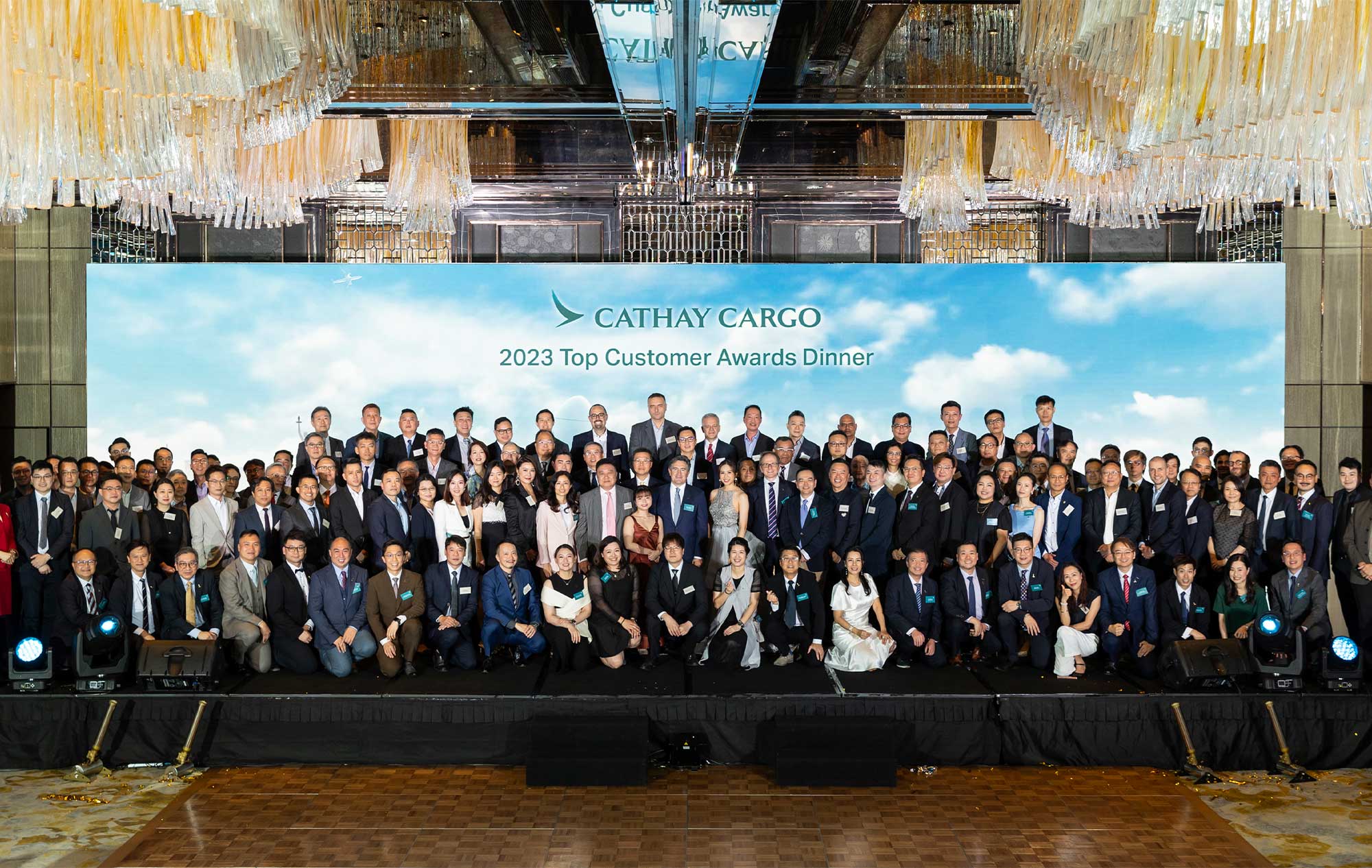This year’s Singles’ Day has passed with records tumbling in terms of number of orders and value of goods purchased. The annual 11.11 shopping festival that originated in the Chinese mainland but whose influence is spreading across the region and globe, netted Alibaba US$74 billion, an increase of 26 per cent on 2019. At its peak, the online retail behemoth was handling 583,000 transactions per second.
While the event traditionally smashes its previous revenue record, this year has also been marked by changes in consumer behaviour bought on not just by a deepening attachment to online shopping but also the effects of the COVID-19 pandemic, made visible by this year’s star turn on the gala TV show, US singer Katy Perry, performing her three songs remotely rather than in person.
Beyond that, analysts point to the changes in consumer behaviour as a consequence of lockdowns, which have accelerated the already growing trend for e-commerce. In an article in the South China Morning Post, Assistant Professor at Hong Kong Baptist University Shirley Li said: ‘People are more likely to stockpile daily necessities after experiencing the lack of resources in the early days of COVID-19, as people want to regain a sense of control.’
Linked to that, there was also evidence of pent-up demand for luxury goods that people would ordinarily buy on their travels – or lieu of overseas travel that has not been possible due to restrictions.
Another factor behind this year’s record performance has been the growth of live-streaming, which has surged in popularity since the last running of Singles’ Day. This is the phenomenon of influencers demonstrating products online that viewers can buy from within the same app. It is reported that sales on livestreaming platform for sellers, Taobao Live, recorded sales of US$280m just 90 minutes into Singles’ Day.
Although take-up on livestreaming has been very much a factor in the Chinese mainland market so far, other big global social media players are keen to get involved with Facebook and Instagram developing livestream shopping functionality.
John Cheng, Cathay Pacific’s Head of Cargo Markets and Products, said: ‘Cross-border e-commerce continues to be an important part of our cargo business, showing resilience irrespective of the performance of the general air freight market, with more people depending on online retail as a result of COVID-19.
‘As well as providing us with some steady year-round baseload revenue, e-commerce spikes during events such as Singles’ Day and we work with agents ahead of time to secure capacity from our scheduled services and charters where necessary.’
This year with pressure on capacity, the challenge of satisfying consumer expectations on delivery times, with the biggest pressure lying with final-mile providers who find themselves delivering more than two billion orders – and then handling the returns from unwanted gifts.








